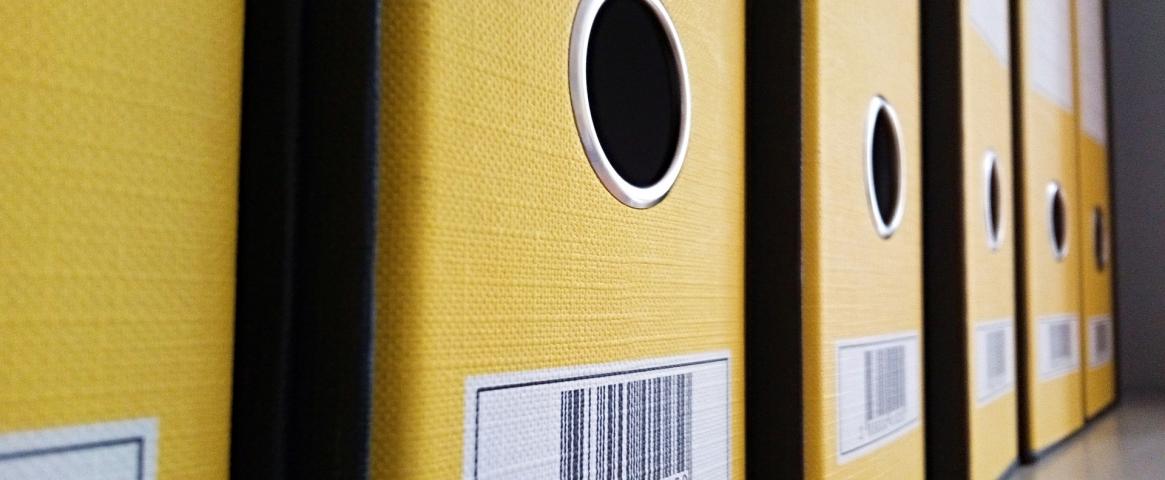In service to the journalism and public information communities, the National Association of Science Writers (NASW) invites those covering the SARS-CoV-2 virus and the COVID-19 disease pandemic to use the organization’s Information Access Database to share their reporting experiences. Our mission is to gather data about reporting on this crisis — and the extent to which government officials and institutions have facilitated the free flow of information.
If you have reported on the COVID-19 pandemic, please visit www.nasw.org/infoexperience to share your experience in seeking information from governments, corporations, nonprofits, universities, or health care facilities.
Your response will be entered into the NASW Information Access Database — which we are making publicly viewable and searchable over the next several months. NASW is taking this action to increase transparency about information access during this unfolding crisis. Your information will be used in the aggregate unless we contact you for permission to cite and/or quote specific experiences. We acknowledge and respect that journalists’ sources who request anonymity must always remain anonymous. We will not request information about confidential sources
The NASW volunteer leadership plans to compile these submitted responses into a public report, shedding light on how today’s ecosystem of news reporting and government information is working—or not—during a critical period when timely, accurate science about the pandemic needs to be reported to the public.
A principal mission of NASW is to “foster the dissemination of accurate information regarding science and technology in keeping with the highest standards of journalism.” Many working journalists are currently struggling to meet professional responsibilities while guarding their own health and safety. Where possible, NASW encourages all those covering the pandemic — irrespective of reporting beat or outlet — to take a moment and complete this information access survey. Together, these observations will daylight civic lessons from these unprecedented times — and contribute recommendations towards our responsibilities and efficacy as writers.
Additional Reporting Resources: NASW has compiled a list of resources to assist in reporting about the novel coronavirus SARS-CoV-2 and the COVID-19 disease, especially for newsrooms without beat reporters or writers new to covering science and health assignments. The curated links include reporting guidelines, fact-checking tips, and information on seeking out diverse sources, guidelines for accurately representing the people at the heart of stories, and a link to NASW’s Information Access Standards (a guide to journalists and public information officers on ethical best practices for reporting on government research and science policymaking). The resource page is available at www.nasw.org/COVID19resources.
NASW Board Statement on Government Information Access Regarding COVID-19: As an organization of 2,400 professional journalists, authors, editors, producers, public information officers, and students, NASW publicly has called for the Trump Administration to allow government experts to speak freely about the COVID-19 pandemic. The March 2nd statement is available at www.nasw.org/CovidAccess.
Established in 1934, NASW fosters the dissemination of accurate information regarding science by supporting the professional development of science writers. Membership is open to working journalists, PIOs, writers, authors, and other content creators, as well as students. Our community spans freelancers and employees working at newspapers, wire services, magazines, radio and television, and digital properties, as well as universities, agencies, and other institutions across the United States and beyond. Above all, NASW fights for the free flow of science news.
Online at www.nasw.org and on Twitter @ScienceWriters.




